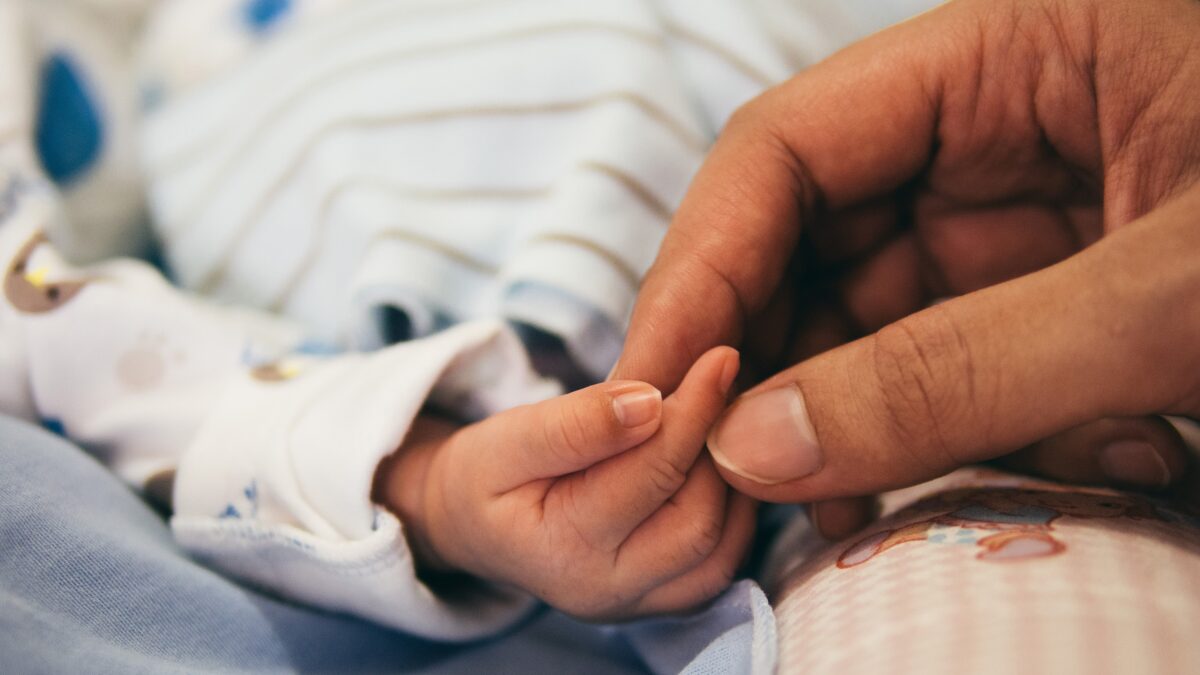Edel Donahue: ‘Heartbeat bills’ save lives, so update abortion laws to reflect modern science and medicine
Science and medicine have changed dramatically since Roe v. Wade was decided by the U.S. Supreme Court in 1973. Ultrasounds give us a window to the life that exists in the womb and a baby’s heartbeat can be detected as early as six weeks.
These advances have inspired state lawmakers across the country to introduce updates to laws related to abortion, including “heartbeat bills.” Two Pennsylvania lawmakers — state Sen. Doug Mastriano and state Rep. Stephanie Borowicz — are part of that movement. They plan to introduce a bill in Harrisburg that would require doctors to check for a baby’s heartbeat before they perform an abortion. If a heartbeat is detected, the abortion cannot proceed.
“The right to life is the single most important issue of our lifetime, but it has been clouded by polarization and politicization,” Mastriano wrote to fellow legislators in July. “Using observable science and modern medicine as our guide to advance legislation on this sensitive issue – without being clouded by politics – is the best way forward.”
While abortions have steadily declined in recent years, the numbers continue to be staggering. In 2017, 30,011 abortions were performed in Pennsylvania. Of those, 10,705 occurred after nine weeks. At that stage, most women are aware they are pregnant and a heartbeat would surely be detected.
A heartbeat bill would not only save the lives of most of those children but it would also spare their mothers the pain and regret that often come with abortion.
Without support from partners, family and friends, abortion can feel like the only choice. Women often make the decision out of fear and in haste. They want to get it done and forget.
However, many women don’t forget the child they lost to abortion. They often share their regrets with groups like the Sisters of Life, a religious community dedicated to the protection of life. Had these women been given more time to consider what they really wanted, a different decision could have been made.
The pro-life movement pushes for legislation that respects the humanity of the unborn child and protects his or her right to life. At the same time, the movement works to support mothers so they do not feel alone and afraid. This combination gives women real options and empowers them to make a free choice about their pregnancy.
The pro-life movement pushes for legislation that respects the humanity of the unborn child and protects his or her right to life. At the same time, the movement works to support mothers so they do not feel alone and afraid.
Legislation such as heartbeat bills that are mother- and child-centered open the door to honest conversations about abortion. These dialogues would go beyond the outdated battle over “reproductive rights,” and get to the core of what abortion is – the taking of an innocent human life.
Abortion supporters see this law, and for that matter any legislation that restricts abortion or provides limited protection for an unborn child, as an infringement on a woman’s “right to choose.” The abortion industry works tirelessly to stop any conversation about fetal development or the damaging effect abortion may have on a woman. They fight heartbeat bills, age restrictions, waiting periods, ultrasound legislation and anything that might give a woman the time to reconsider having an abortion.
Planned Parenthood and its allies make an enormous amount of money on abortion. It is big business and frankly any recognition of the baby’s humanity or rights will infringe on the bottom line of the abortion industry.
When a woman sees her baby on an ultrasound and hears that little heart beating, her own heart softens and can be changed. Pro-life organizations have seen this time and time again when working with women at pregnancy centers and maternity homes.
For most people, that change of heart is a beautiful thing to witness. But for Planned Parenthood and abortion companies, that’s a loss of dollars.
It’s clear, then, why abortion proponents deny scientific realities like beating hearts or fetal pain. Prohibiting those 10,000 abortions performed after nine weeks in Pennsylvania could mean a loss of millions of dollars for the abortion industry in the commonwealth.
Yet even as abortion-rights advocates become increasingly radicalized, science and medicine move forward, demonstrating in profound, undeniable ways the humanity of the unborn child. As this process unfolds, younger Americans will continue to move to the pro-life side and support legislation and candidates who respect life and believe women deserve better than abortion.
Once introduced, the abortion industry will fight this heartbeat bill and any other like it. And, unsurprisingly, Gov. Wolfe has promised to veto this legislation should it ever reach his desk.
Still, the pro-life side will continue to speak for the unborn. It will work to restore the sanctity of life and offer women real choices and support. Time and science are on the side of life. And, someday, those who introduce and support heartbeat bills will be viewed as heroic figures who spoke for the most vulnerable.
Edel Donahue has served for years in different capacities with pro-life organizations and maternity homes in Philadelphia and Northern Virginia.




